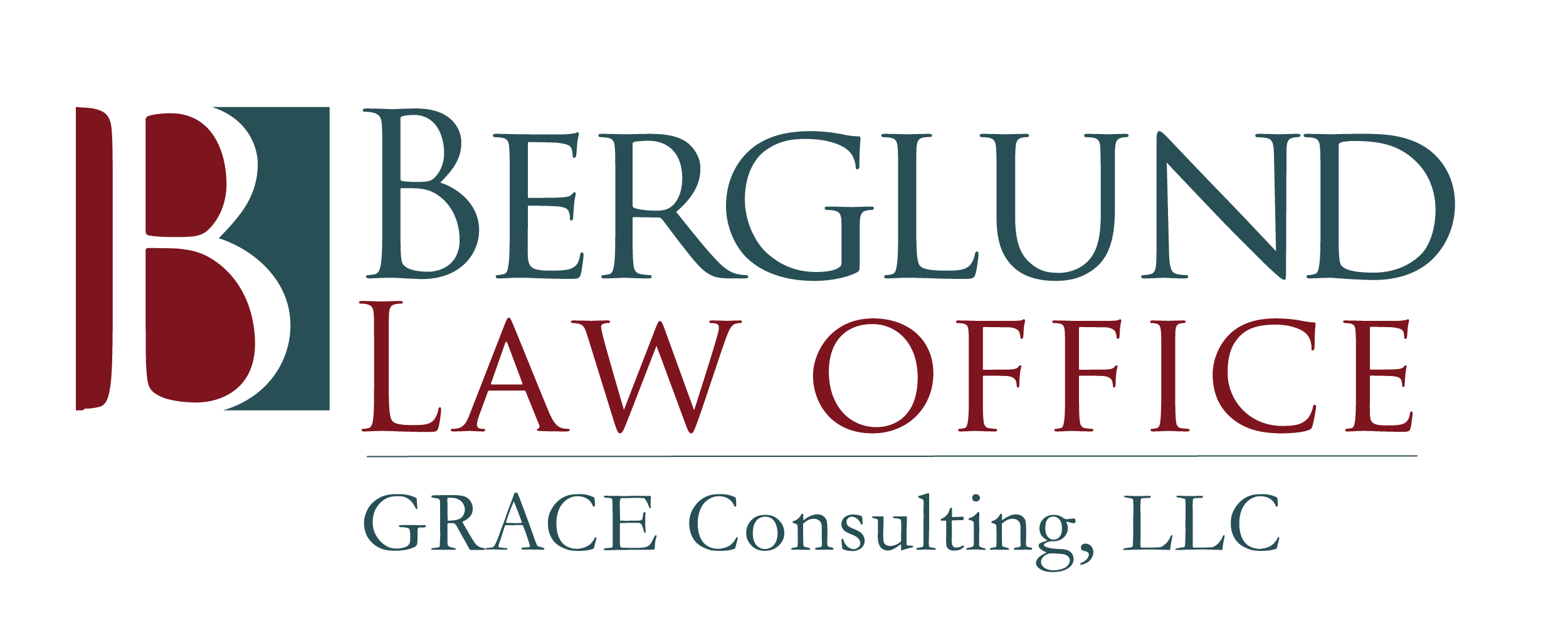Want Us To Contact You?
BLOG
ELDER LAW
HOW TO AVOID PROBATE ATTORNEYS NEAR THE TWIN CITIES IN MINNEAPOLIS
The process of probate involves the transfer of a deceased individual’s assets to persons who are the rightful inheritors of those assets. The entire process can be complex, expensive, and last quite some time, anywhere from six months to several years in Minnesota....
TRANSFER ON DEATH DEEDS
Since May of 2008, Minnesota law has allowed you to transfer title to real estate you own to a beneficiary expressly stating that the deed is only effective upon your death. The use of a validly executed “transfer on death deed” (TODD) enables you to avoid the...
How Do I Create a Power of Attorney?
An attorney is not legally required to prepare a power of attorney. However, you should know that powers of attorney are required to be: In writing; Signed by you in front of a notary public; Dated appropriately; and Clear on what powers are being granted. CREATING A...
Do you know the difference between “Joint Tenancy” and “Tenancy in Common”?
In order to properly plan your estate, it is crucial to understand the difference between these two types of property ownership. The ramifications for your family can be considerable depending on your wishes and the circumstances relating to the survivorship of your...
MEDICAID PLANNING AND TRUSTS: FAMILY DISCRETIONARY TRUSTS
Prior to the enactment of Minnesota’s “trust busting” statute (Minnesota Statutes section 501B.895, the predecessor to Minnesota Statutes section 501C.1206), the second type of trust commonly used to help with Medicaid planning was called a “Family Discretionary...
What is a Power of Attorney in Minnesota?
A power of attorney is a document authorizing someone to act on your behalf. You determine how much power the person will have over your affairs. The person who authorizes someone else to act on his or her behalf is called the “principal”. The person given the power...
No matter the situation, we are prepared to safeguard your legacy.
Schedule a no-cost initial meeting with an experienced trusts and estates attorney.
